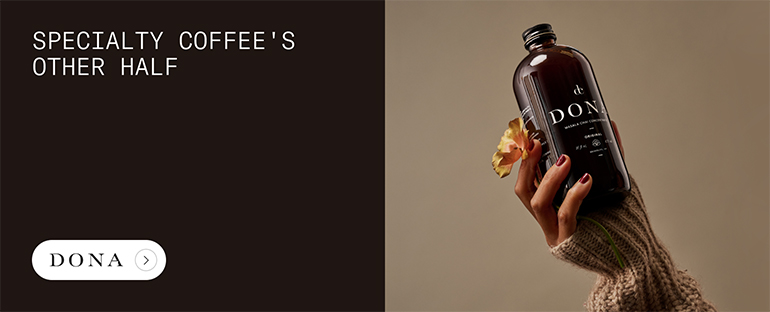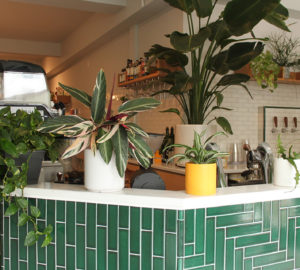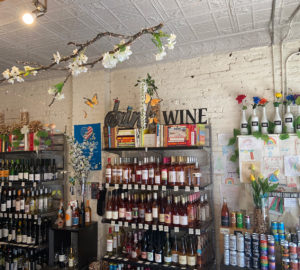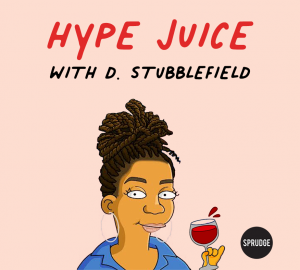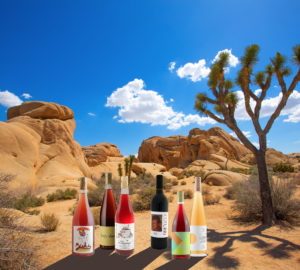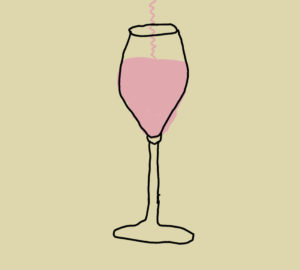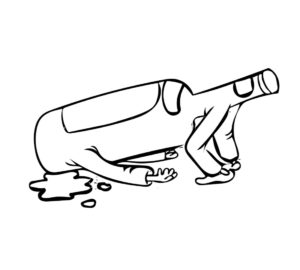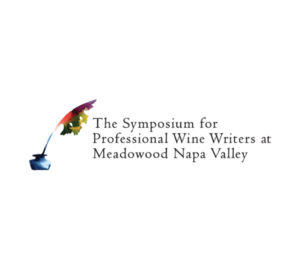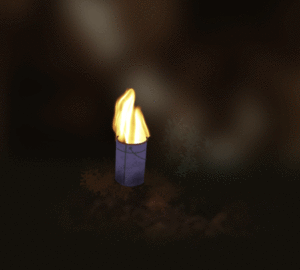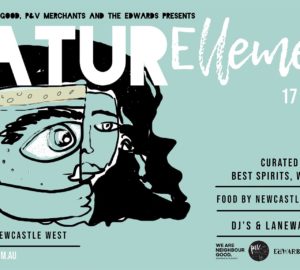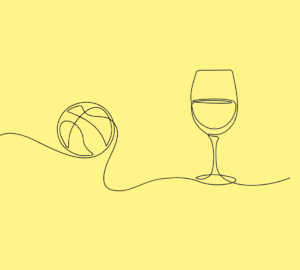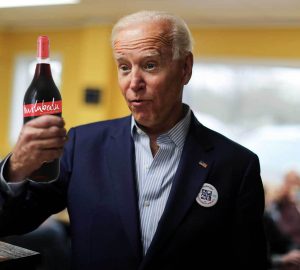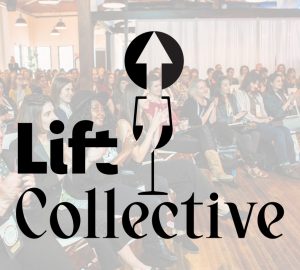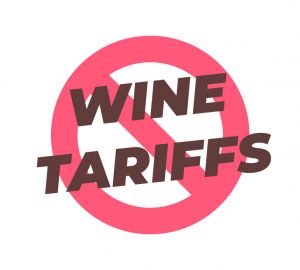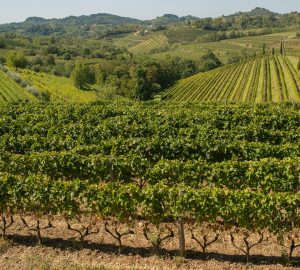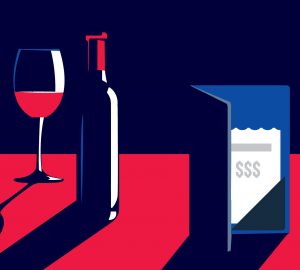A taste of a bottle led to the purchase of more bottles. The purchase of more bottles led to an email exchange. An email exchange led to the request for an interview. So goes my relationship with Emily Towe of j.brix wines.
My first encounter was with the j.brix Nullius in Verba, a lively, exciting amphora Pinot Gris that the winemakers themselves note “requires the willingness to shift your expectations.” It was a notorious “suitcase wine” that (Sprudge co-founder) Jordan Michelman had brought back from California. This was late winter 2015, and I had recently returned from living in Paris, where I had been living in an apartment nestled between two fantastic natural wine stores. Upon returning to American soil—the south Puget Sound are of Washington State, to be specific—the search to find interesting wines locally was proving slightly more difficult. Yet on that night with a glass of this wine with an attitude, I was assured that perhaps there were some exciting things fermenting on the American wine scene.
Emily Towe and Jody Brix Towe’s motto in wine, and in life in general, is “Only Love.” This straightforward approach to living and winemaking reveals itself in each wine bottle. After ordering a few bottles to taste and keep on hand (the Naughty Goblin Bubbles pet-nat was used as a celebratory bottle for a book release), eventually Emily and I struck up an email conversation. (Sidenote: If you like someone’s work, be it a winemaker, an author, or an artist, write them a note to say just that. Kindness and gratitude go a long way.) This led to asking Emily to pen an essay on wine for my indie publication Comestible, with the intent of encouraging people who think a lot about where their food comes from and what goes into it to do the same with their wine.
Yes, if you hadn’t picked up on it, she happens to fall into my lady winemaker fangirl group.
I not only enjoy what j.brix wines produces, but I also have respect for how Emily tells her story and advocates for a healthy relationship to our food, drink, and the people who ensure that we get both. I caught up with Emily to learn more about j.brix, what it’s like to be a woman in the wine industry, and what she sees as the future of American wine.
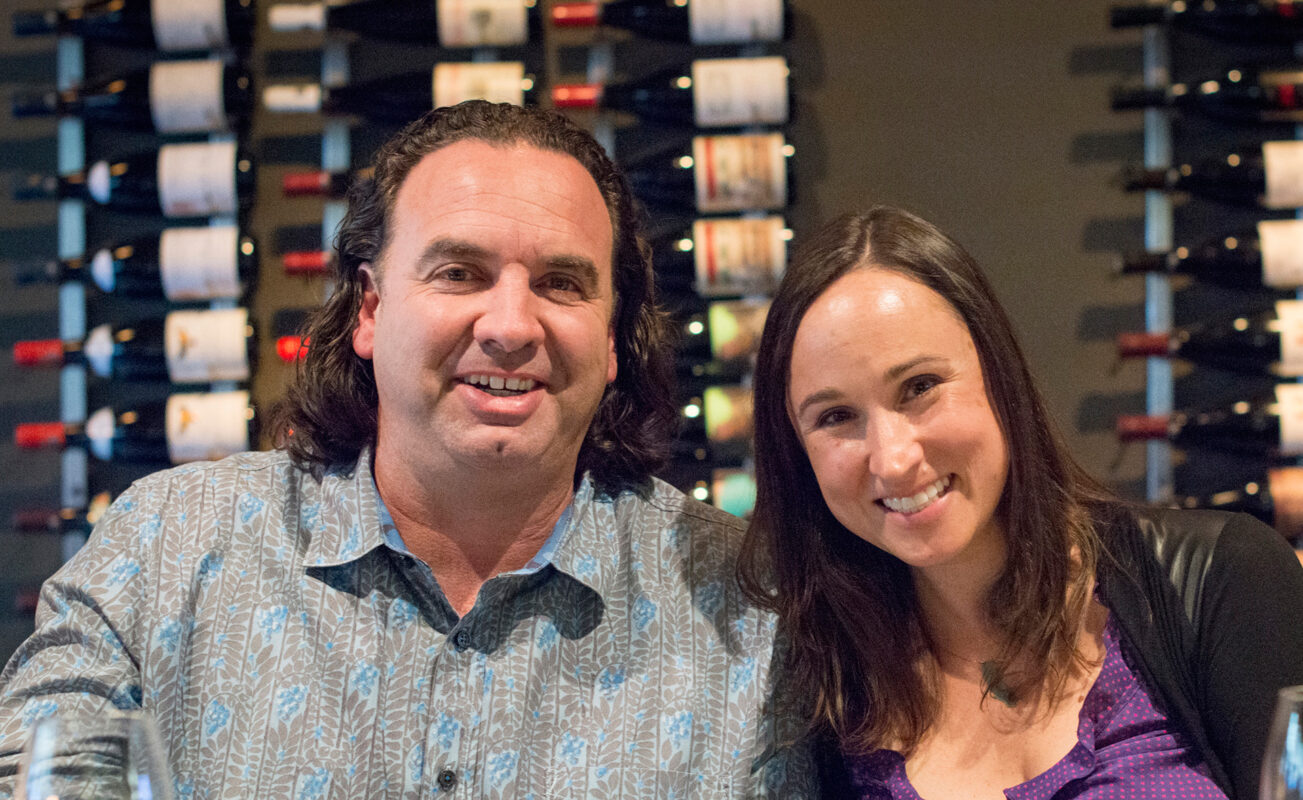
Tell us a little bit about j.brix wines. What’s your story and how did you start?
My husband, Jody, and I had always enjoyed wine, but we had a “Eureka!” moment about 10 years ago over a bottle of Pinot Noir from a vineyard in Santa Barbara County. At the time, we didn’t know anything about the vineyard or the winery; we’d never seen the movie Sideways or visited Santa Barbara wine country, but there was something about that wine that grabbed us both with a very insistent sense of, “You need to go to this place.” We looked up the producer, who invited us to visit, which we did, and when we arrived, it felt like home. We quickly became friends with the winemakers and cellar crew. Shortly thereafter, we were volunteering during harvest, learning how to make wine, working 16-hour days covered head to toe in sticky grape juice (and earwigs), and we couldn’t get enough. We wanted to give winemaking a try on our own, so we got barrels and fruit sources from our Santa Barbara friends, turned our garage into a micro-winery, and made a few barrels of wine at home in 2009. They turned out to be pretty delicious, and we were keen to make some more, so we set about becoming a real winery. Starting a winery hadn’t been our original intention, but once we decided to go for it, things took off pretty quickly from there.
Can you describe the vineyards and wine growers that you work with?
We work with a number of wonderful vineyards in Santa Barbara County, as it’s where we learned the ropes, but we live and make our wine in San Diego County. It’s an up-and-coming appellation for grapes because avocado and citrus farmers are looking for ways to use less water; some of them are removing their orchards and planting vines. As a result, we’ve been fortunate to find some vineyard sources right here at home. One that I’m particularly excited about is called Hagata Vineyard, where we started working with Cinsault in 2016 for our rosé. It’s owned by the Broomell family, whose roots in San Diego farming go back many generations. Debbie Broomell runs the farm and their on-site family winery; her son Chris—an 11th-generation California farmer—is the vineyard manager. He planted these vines specifically for rosé, and tends them for the entire growing season with that end goal.
It seems as if we often hear that “good wine starts in the vineyard,” but wine production is very different in the U.S. than, say, France, where a winemaker is typically also the winegrower. How do you cultivate a close relationship with the grapes you work with and the people who grow them?
Jody’s degree [and day job] is in horticulture, so he is very familiar with plant physiology and all that goes into growing healthy vines. We spend as much time as possible in the vineyards during the year leading up to harvest, to keep an eye on how everything progresses, and if there’s anything that needs extra attention. The growers we work with are stellar; I admire what they do because it takes a certain skill set to not only manage vineyards impeccably but also deal diplomatically with any number of winemakers bugging you all year long about tweaks to the regimen on their particular rows. It’s really about good communication and respect, and we generally have been able to maintain that with our growers and vineyard managers.
As you have grown in the wine business, and the natural wine business grows as a whole, have you found that more wine growers are transitioning to more sustainable methods of production?
Yes. I’ve found that the more reluctant growers have started to come around once they realize winemakers are willing to pay more for fruit that’s grown sustainably. Our Santa Barbara growers were ahead of the curve in this regard; San Diego is just beginning to form its identity, as most of the vineyards are new, and there’s definitely a great interest in dry-farming vines here, both out of necessity and because of an interest in how that might positively affect the wine.
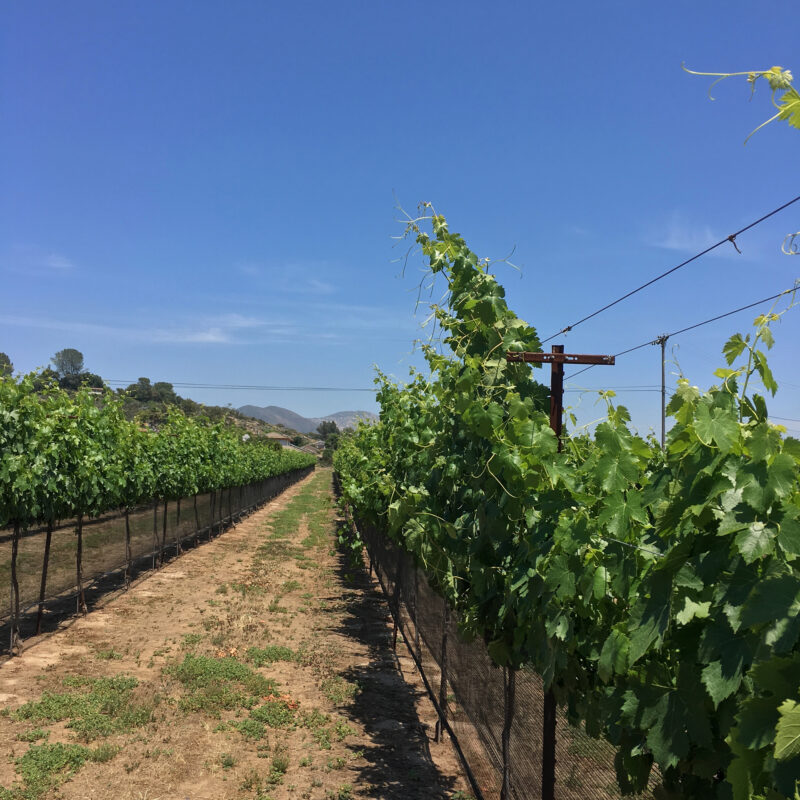
Wine has been a very male-dominated industry for a long time. Does it seem as if gender expectations are finally shifting?
It’s funny, I was talking recently to a woman winemaker at a festival we both were involved in, and she said she’d had a lot of questions like, “Oh, do you work for a distributor? … No? … Well, who makes your wines?” That kind of assumption is still fairly common. We laughed as we tried to put together a shortlist of careers that might elicit legitimate surprise that a woman was at the helm: Navy SEAL, maybe? But seriously, I think it’s a slow path toward changing long-held expectations, even though more women are working in the wine industry than ever before.
What is the most exciting thing about making wines?
There are so many exciting things! One of my favorites is walking the vineyard rows as the ripe grapes are being picked, thinking about the year that’s led up to that moment, and the task that lies ahead to do right by this fruit, to guide it into something completely different that will still allow its story to shine through.
What is the most challenging?
Honestly, it’s that harvest and back-to-school time for our two kids happen simultaneously every single year. It’s the only time I wish I could clone myself! Because you can’t control when the fruit is ready to pick, we’ve also had to miss out-of-town family weddings and funerals during harvest season.
Making wine is no easy task, nor is it easy being a small, independent producer. What keeps you making wine?
I really, truly love it. It’s satisfying on a number of levels: mentally, through the connection to nature and to the seasons; physically, through the hard work in the cellar; and emotionally, when all your efforts result in a transformation that can be a part of people’s lives and bring them joy.
For people just getting into natural wine, what would you encourage them to look for when they are seeking out wine to drink?
Without a doubt, look for a good local independent wine merchant. They’ll be happy to help you find what you like—and suggest new ways to branch out from there.
What do you see as the future of wine in the United States?
I am hopeful that the concept of wine as food will expand its reach to an increasing number of people who care deeply about what they eat, how it’s been treated, and where it comes from. It’s exactly the same with wine. If all of those people seek out sustainably farmed, thoughtfully made wines, we small, independent winemakers will be able to keep doing what we’re doing. That doesn’t mean corporate large-production wine will go away; but if consumers are educated and informed about their options when it comes to wine, perhaps more of them will want to support the little folks.
Thank you.
Anna Brones (@annabrones) is an artist, activist, author, and Sprudge Media Network staff writer based in the American Pacific Northwest. Read more Anna Brones for Sprudge Wine.
*images courtesy of j.brix wines.














